Authoritarianism, Anti-Jewish racism, and The Israel-Hamas War: An Open letter to the Left

By Chaia Heller: “The aim here is to address two problems emerging amidst the current war, challenging the left to present a principled response to both the dynamics of authoritarianism and rising anti-Jewish racism.”
History Feature: How is Vermont like a ‘Third World’ country?
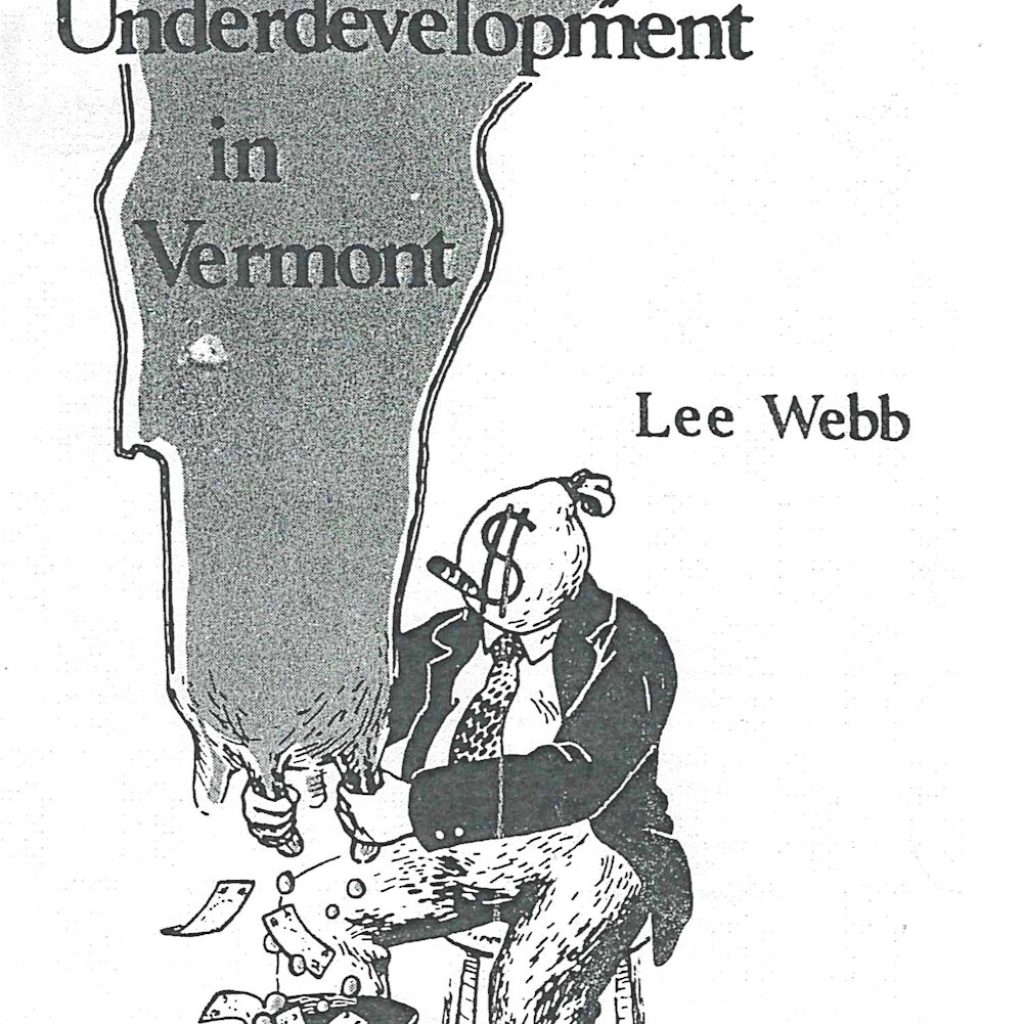
A 1971 pamphlet, popular during the early years of the ISE, sparked a statewide conversation about absentee ownership and neo-colonialism in Vermont.
Tribute to Bruno Latour (1947 – 2022)
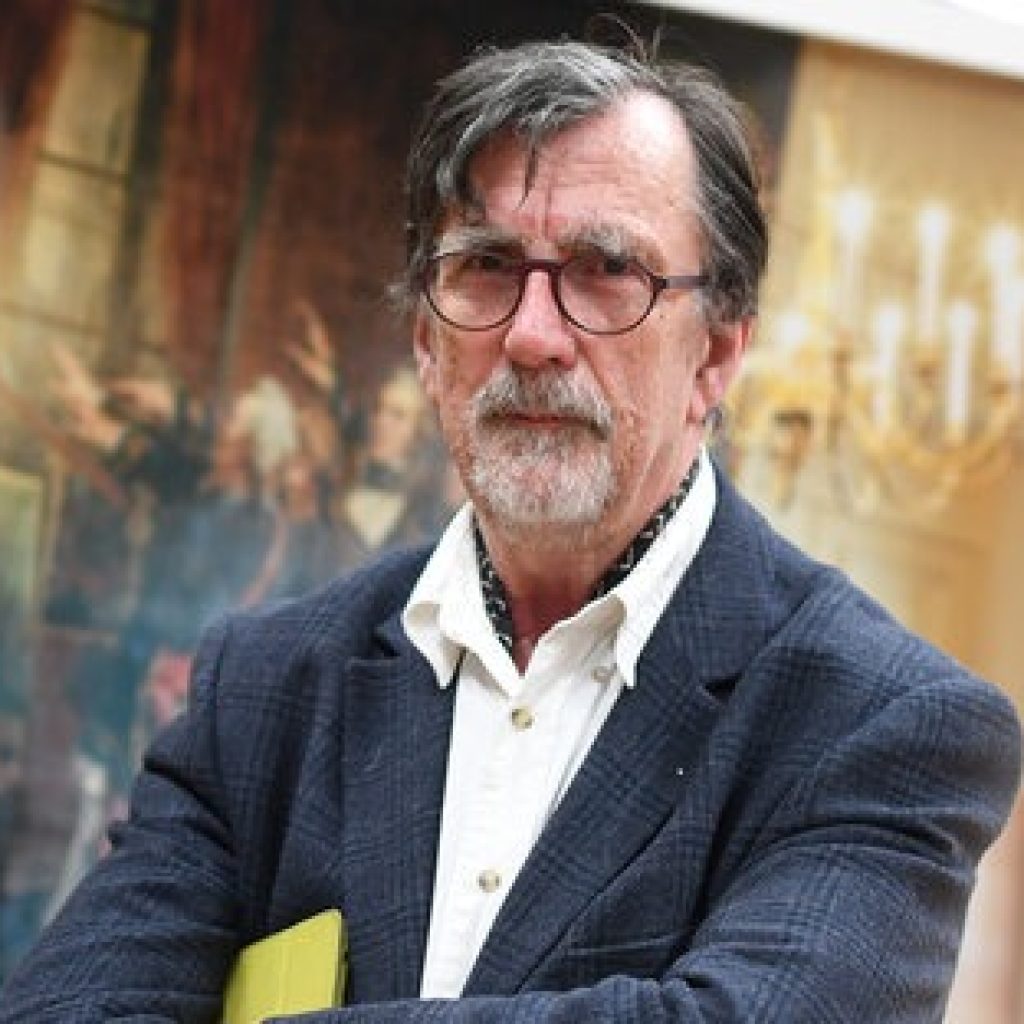
Chaia Heller writes, “There is an exciting complementarity between Bookchin and Latour’s approach to understanding the nature of nature—and reality itself.”
On Dan Chodorkoff’s Latest Novel
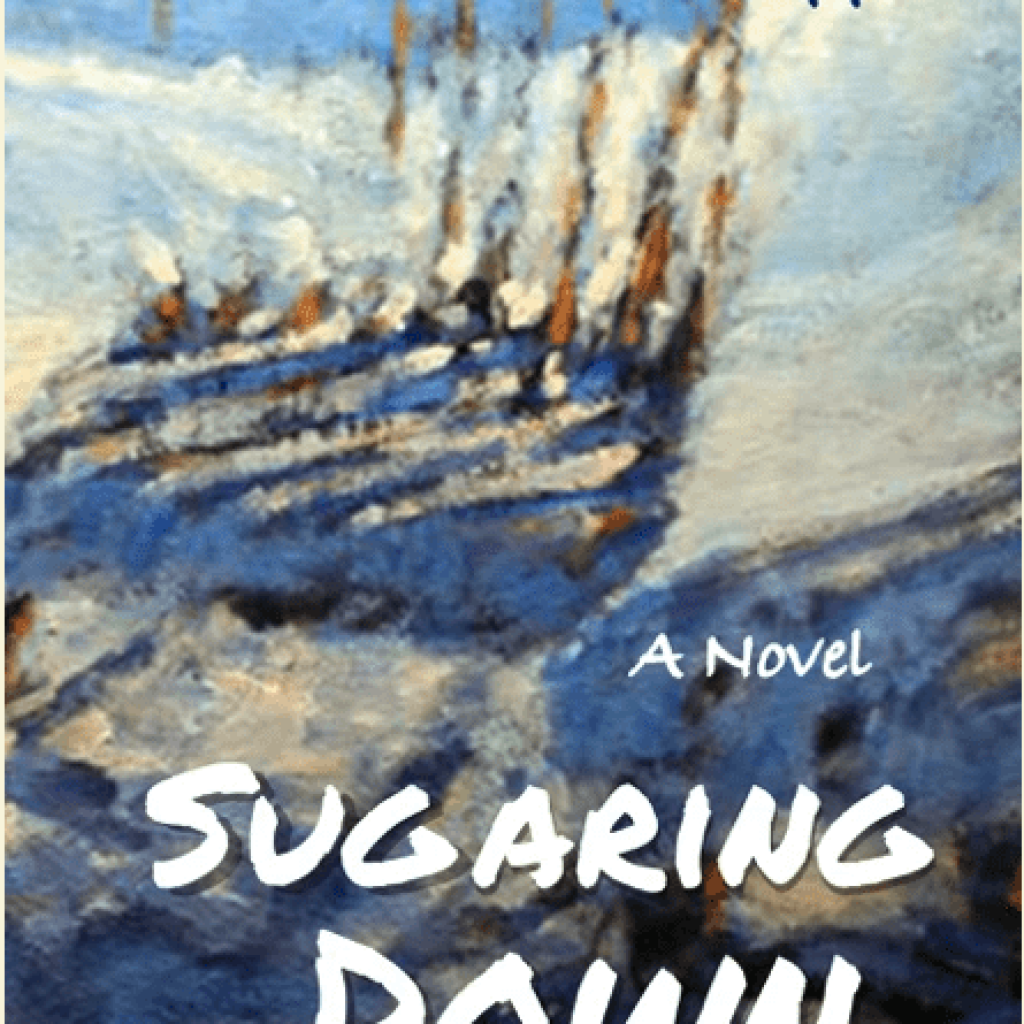
A portrait of young people caught up in the political and cultural upheavals of the 1960s.
Symbiosis Northeast Regional Gathering in NYC
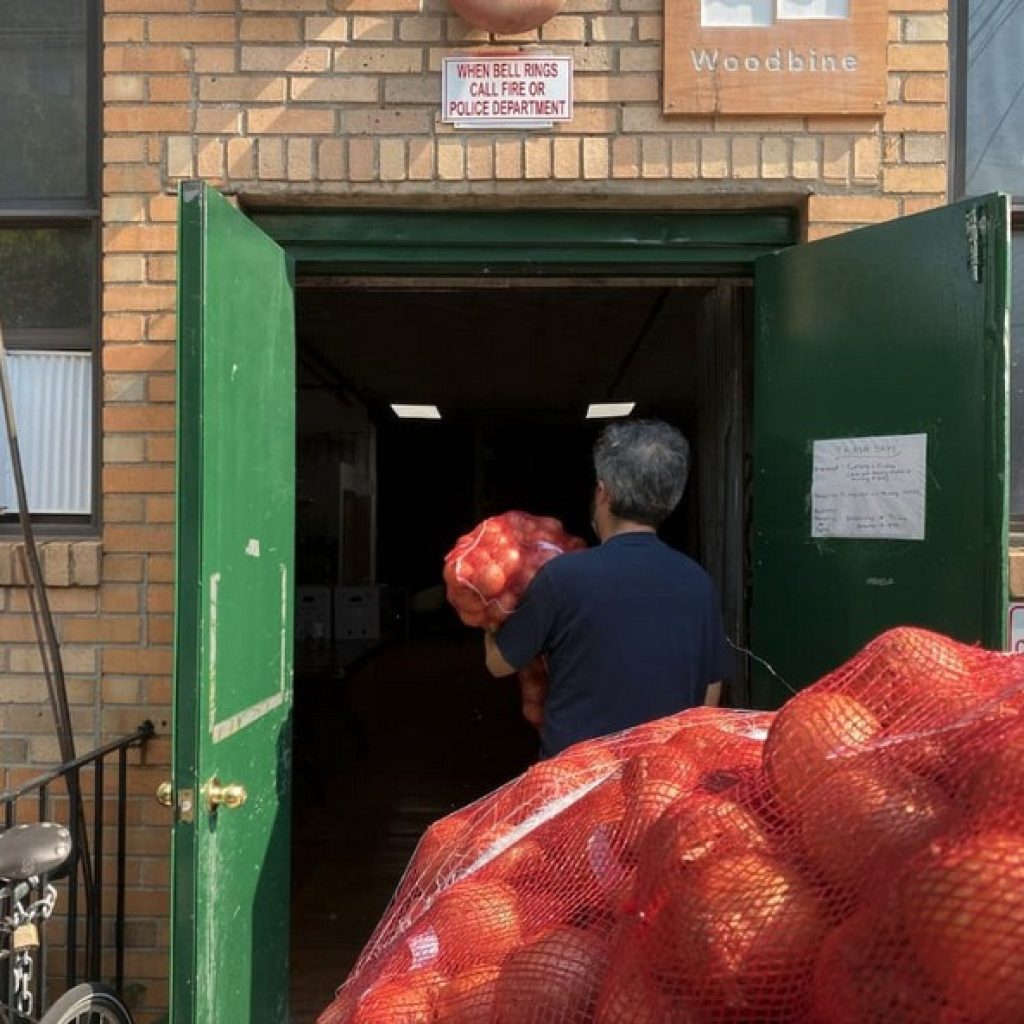
Participants in the May gathering were united by a strong left-libertarian outlook rooted in municipalism, autonomy and aspirations toward a broadly defined communalist politics.
Social Ecology on NPR’s All Things Considered
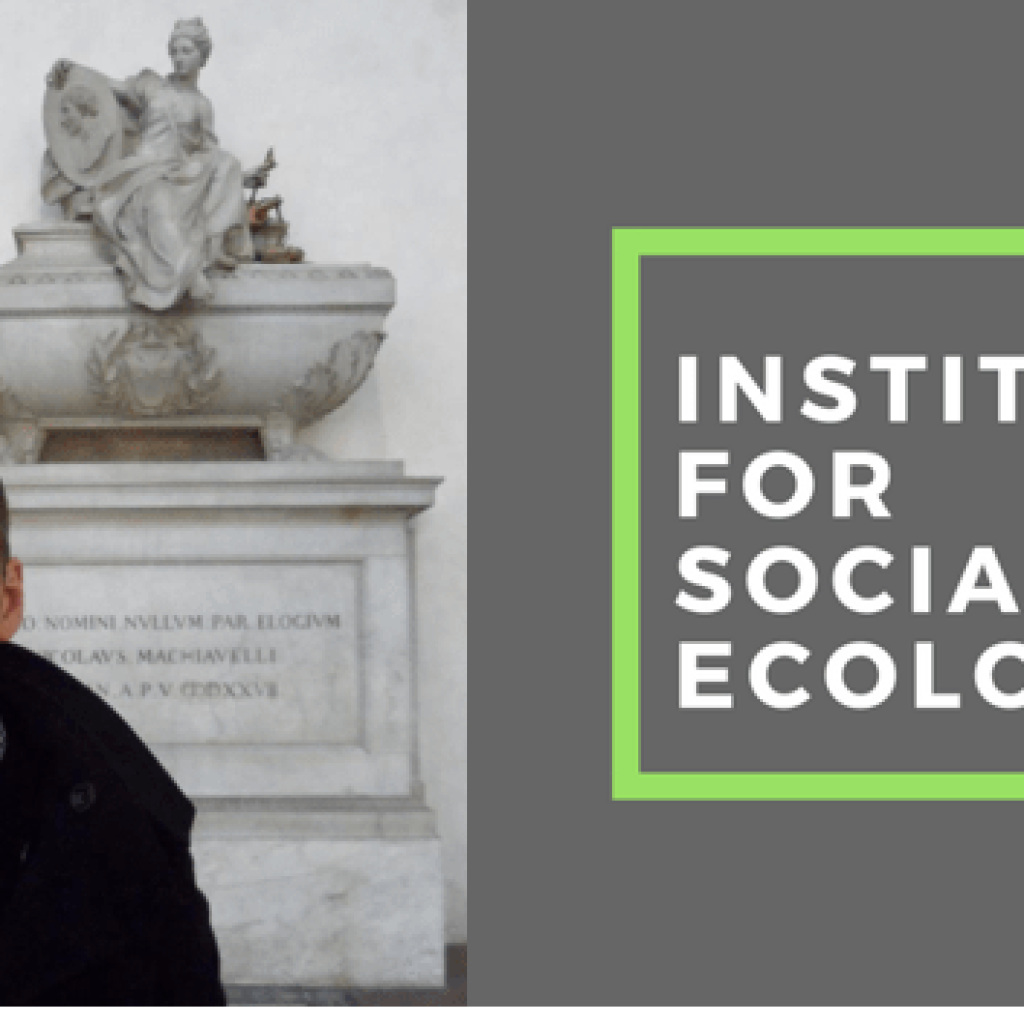
Blair Taylor, the ISE’s former Program Director, was recently featured on National Public Radio’s All Things Considered to discuss ecofascism and right wing ecology.
Grace Gershuny on Cutting the Curd Podcast
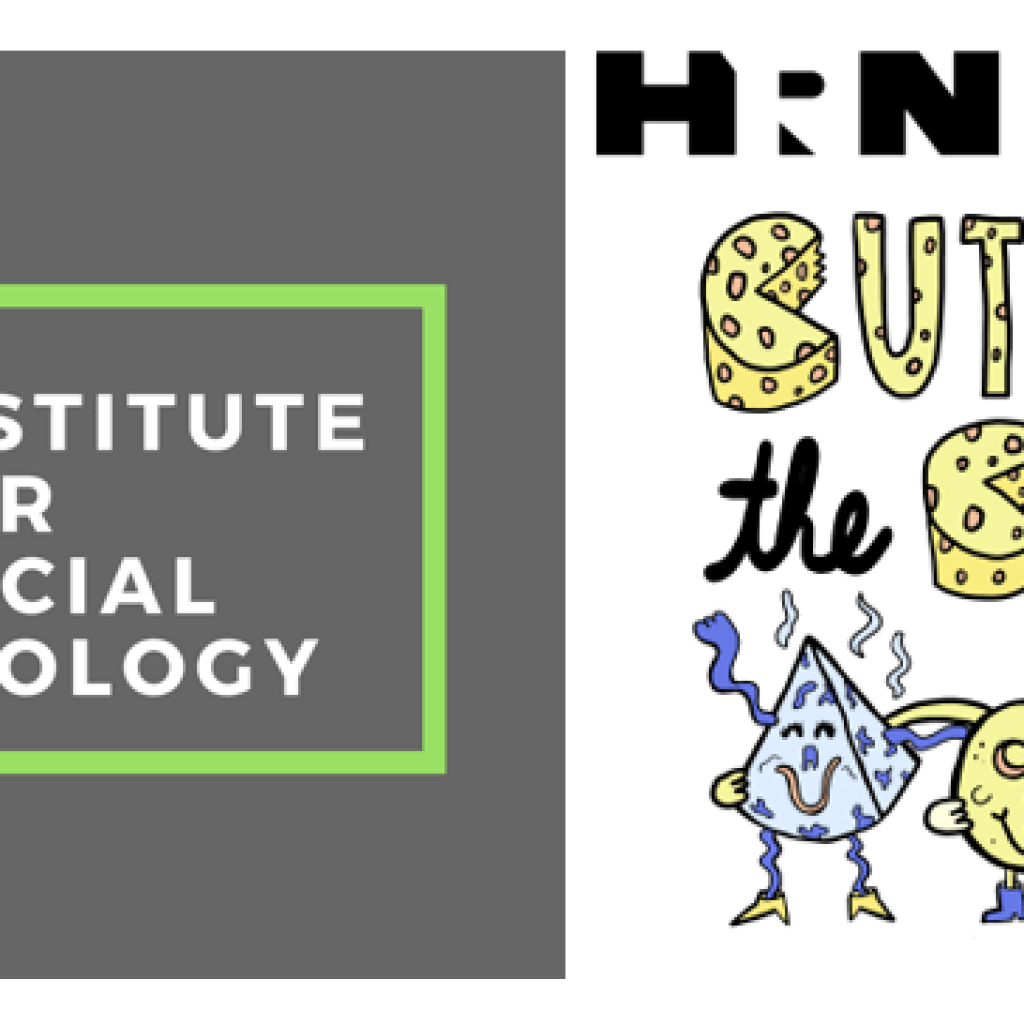
ISE faculty member and organic farmer/writer/activist Grace Gershuny recently spoke to Cutting the Curd podcast about food, climate change, and social ecology.
Book Review: Ecology Contested by Peter Staudenmaier
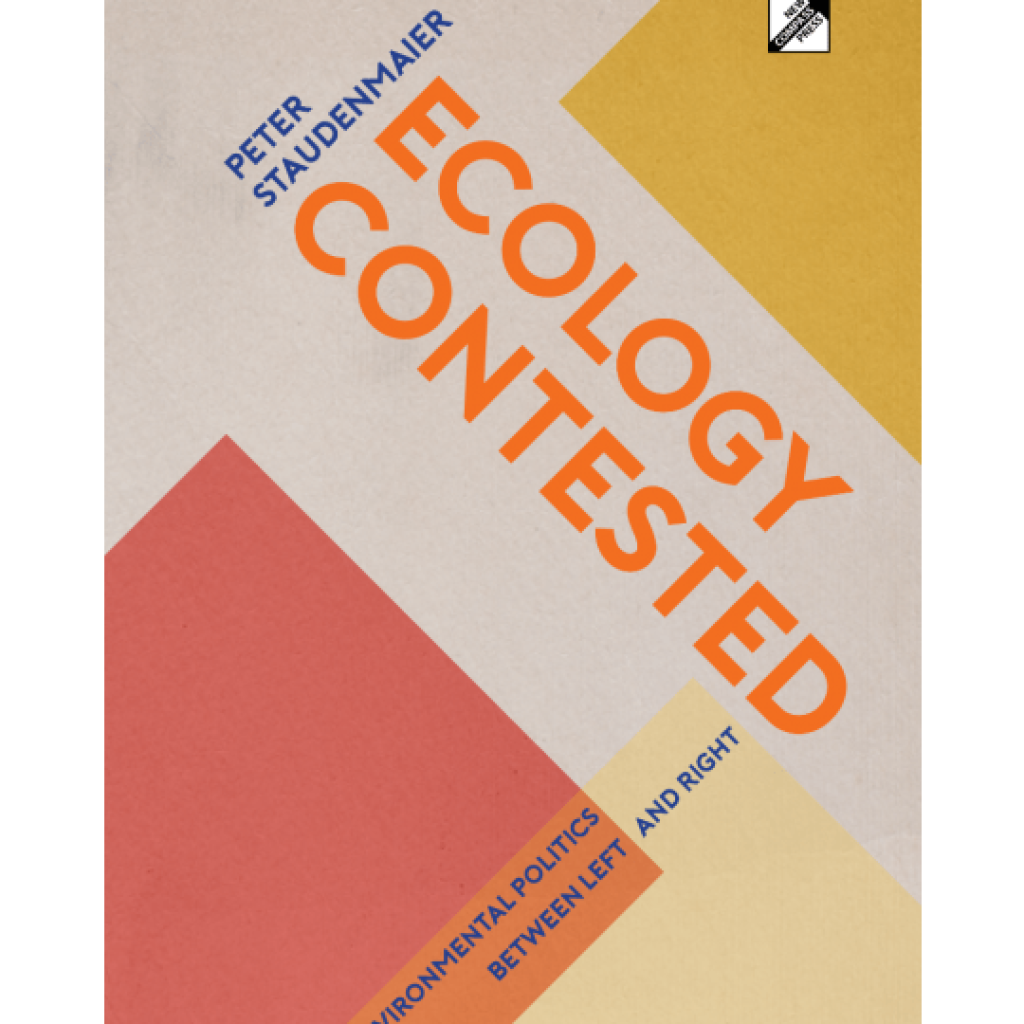
Review of Ecology Contested: Environmentalism between Left and Right, by Peter Staudenmaier.
On the IPCC’s latest climate report: What does it tell us?

On the key findings and radical implications of last summer’s IPCC climate report.
Climate Justice and Movement Building: An Interview with Brian Tokar
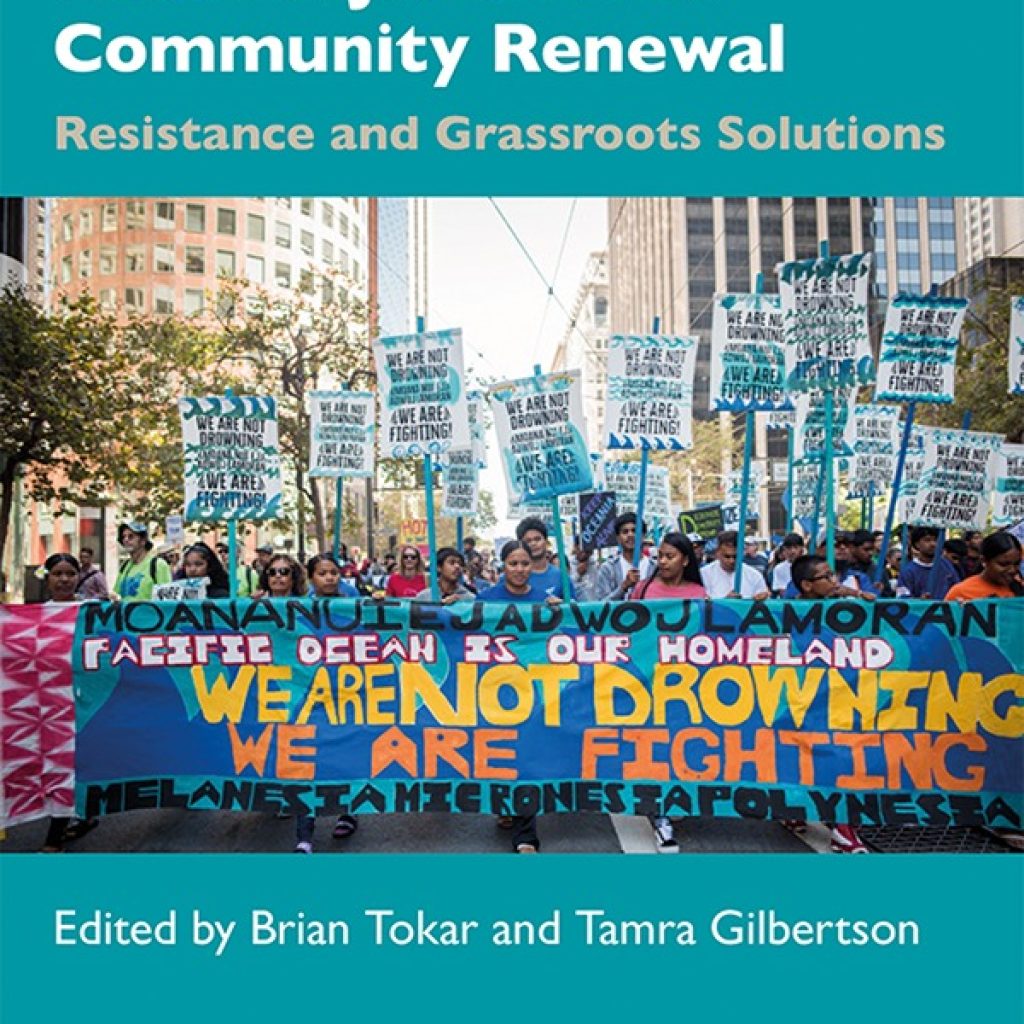
A recent interview with long time ISE faculty and board member Brian Tokar, addressing the evolution of climate justice movements, the problems of markets and technology, the problematic role of the US, and social ecology’s potential contributions to the movement.
